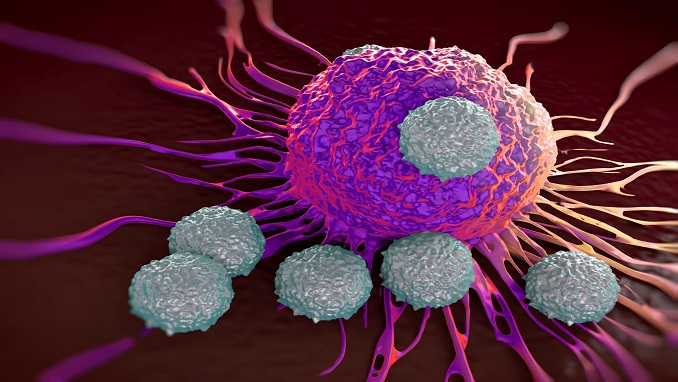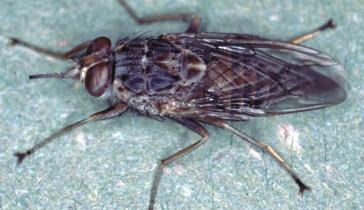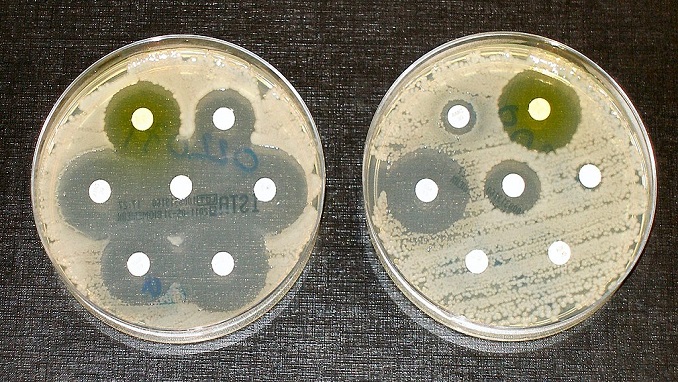Researchers have developed implantable biotechnology that attacks cancerous tumors by producing and releasing CAR-T cells directly in the body in a proof-of-concept study in lymphoma-carrying mice, reports say.
Scientists from North Carolina State University (NC State) and the University of North Carolina (UNC) at Chapel Hill developed the new platform technology, which consists of a “bioinstructive implantable scaffold” that fast-tracks manufacturing and releasing CAR-T cells in vivo, “potentially reducing the complexity and resources needed for the provision of this type of therapy,” according to an article in Nature.
The new treatment offers a potential means of of making CAR-T cell therapy more effective and less costly, according to reports.
Efficient but expensive ‘living drug’
CAR-T cells therapy, a form of immunotherapy, “has shown the same ability to eradicate very advanced leukemias and lymphomas and to keep cancer at bay for many years” as immune checkpoint inhibitors and has “entered the mainstream of cancer treatment,” according to the National Cancer Institute (NCI).
As Renier J. Brentjens of Memorial Sloan Kettering Cancer Center in New York, an early leader in the CAR T-cell field, explains, “CAR- T cells are the equivalent of giving patients a ‘living drug’.”
Customized for each individual patient, CAR T-cell therapies are made “by collecting T cells from the patient and re-engineering them to produce proteins on their surface called chimeric antigen receptors, or CARs, that recognize and bind to specific proteins, or antigens, on the surface of cancer cells,” NCI says.
The Food and Drug Administration (FDA) has approved six CAR-T cell therapies since 2017 for treating blood cancers, including lymphomas, some forms of leukemia, and, most recently, multiple myeloma. However, the downside is that “they lead to long-term survival in fewer than half of the patients treated” and they’re extremely expensive—the most recently approved therapy costs more than $450,000, according to NCI.
Fast-tracking of CAR-T cell’s production
The new study published in Nature Biotechnology magazine points out that “chimeric antigen receptor (CAR)-T cell therapies for B cell malignancies are limited by lengthy, costly and labor-intensive ex vivo manufacturing procedures that might lead to cell products with heterogeneous composition.”
In a proof-of-concept study in lymphoma-carrying mice, the researchers found that treatment using the “multifunctional alginate scaffold for T cell engineering and release” (MASTER) implants were faster and more effective than conventional CAR-T cells cancer therapy.
The study explains that “in vivo-generated CAR-T cells enter the bloodstream and control distal tumor growth in a mouse xenograft model of lymphoma, showing greater persistence than conventional CAR-T cells.”
“The end result is that the mice that received CAR-T cell treatment via MASTER were far better at fighting off tumors than mice that received conventional CAR-T cell treatment,” Pritha Agarwalla, lead author of the study and a postdoctoral researcher in the joint biomedical engineering department, tells News Medical.
Agarwalla stresses that “reducing the manufacturing time is even more critical for patients with rapidly progressing disease” and with the help of MASTER, they were also able to reduce the CAR T-cells processing to just a day.



